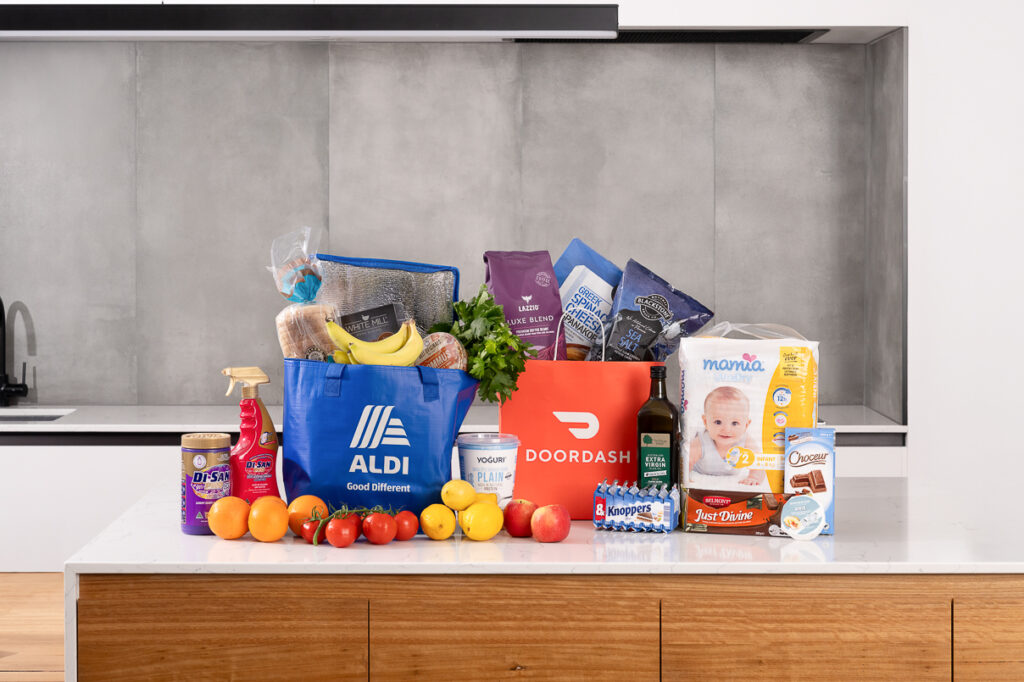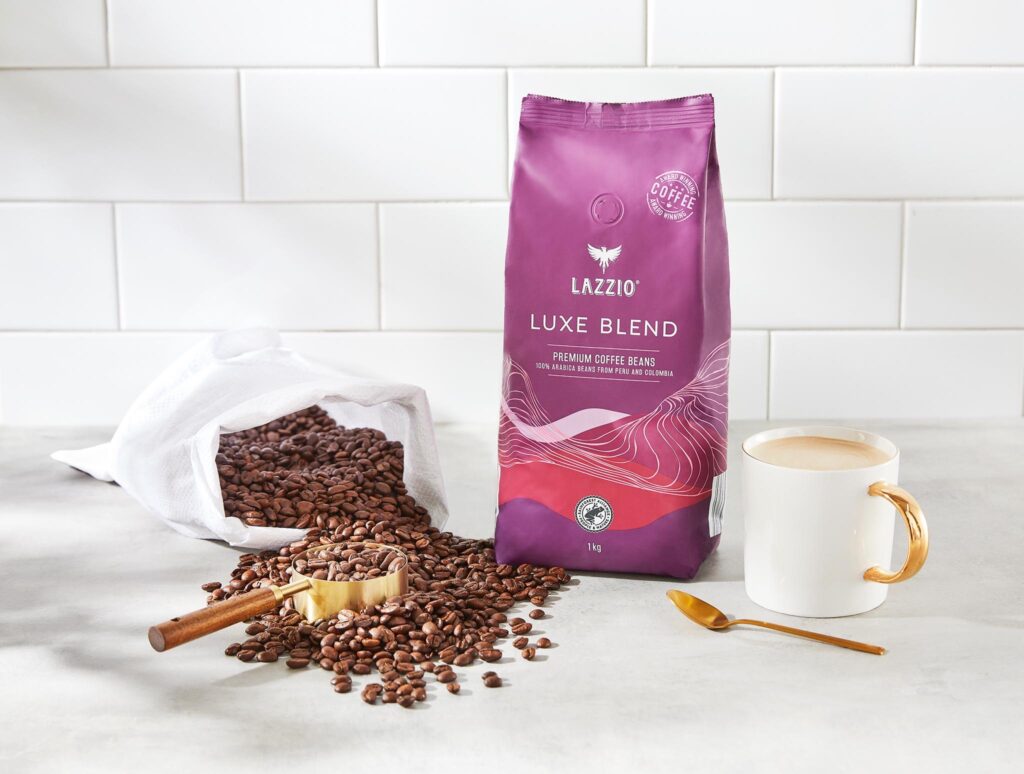Comments by Tom Daunt, CEO of ALDI Australia
When ALDI entered the market 18 years ago, we introduced a new business model for selling groceries. Starting with just two stores in Sydney in 2001, we initially offered a range of 600 grocery products supplied by 174 business partners.
One of our founding business partners, for example, supplied us with just two types of laundry powder, which they first delivered to us on a single pallet delivered from the back of a ute. Today, that same business partner now supplies 75 cleaning and personal care products across 150 varieties to every one of our 500 plus stores.
But theirs is a growth story that is far from unique.
There are hundreds of Australian businesses with similar stories to tell, each supplying ALDI with exceptionally high quality products. And as they’ve grown and generated long-term prosperity for themselves, they’ve also created opportunities for those within their own extended supply chains.
Shared prosperity with our partners has always been a priority of our business. We’ve known anecdotally for a long time, that ALDI has played an essential role in the growth and success of an enormous number of our business partners. But as a top three supermarket in Australia, we wanted to better understand exactly how significant an impact we’ve had and quantify this impact more objectively.
Today, we’ve released the results of an economic impact report titled ‘Making a Good Difference: how ALDI contributes to the Australian Economy’, which has been prepared in partnership with PwC. The report has put a dollar figure to those relationships, as well as quantified the financial contributions of our business operations across Australia. And, the results are significant.
According to the report, ALDI has contributed $23 billion to Australia’s gross domestic product (GDP) since we opened our first stores in 2001. In 2018, our contribution to GDP was $3.2 billion, about half of which came from our relationships with more than 1,000 valued Australian business partners that supply us with everything from fresh bread to nappies.
We’ve known too, that our presence in the grocery sector has created downward pressure on grocery prices across the market, even to the advantage of grocery customers that choose notto shop with us. For the first time, this report quantifies the financial and economic impact of that pressure and finds that even the grocery customers of other retailers have saved $5.68 billion over the last 18 years.
ALDI’s employment of the 12,565 people who work with us was found to have resulted in a contribution of more than $1 billion to GDP in 2018 alone.
The PwC report is the beginning of an important journey for all of us at ALDI. We recognise that whilst we’ve been very successful in getting on with the business of selling high-quality, affordably priced groceries and always doing the right thing by our people and business partners, we’ve been less focused on sharing insights about those things which we believe most contribute to our success.
As one of Australia’s top three supermarkets, we believe that we have a responsibility to incentivise positive change. It is with that in mind that in 2019 we will increase the level of transparency we provide to the market about key aspects of our operations. I am a firm believer that beyond our contribution to the Australian economy, our enduring value comes from openly sharing many of the business practices we are proud of that have helped us create such a positive impact.
We are proud of the reputation we have built for providing customers with a high quality and affordable shopping alternative. As we look to our future in Australia, we want to reassure our customers that how we conduct our business is just as important to us as the low prices we offer.
The economic impact report, launched today, goes a long way to highlight the extent of ALDI’s positive impact on the Australian economy. But, it remains only one part of a far reaching story.





